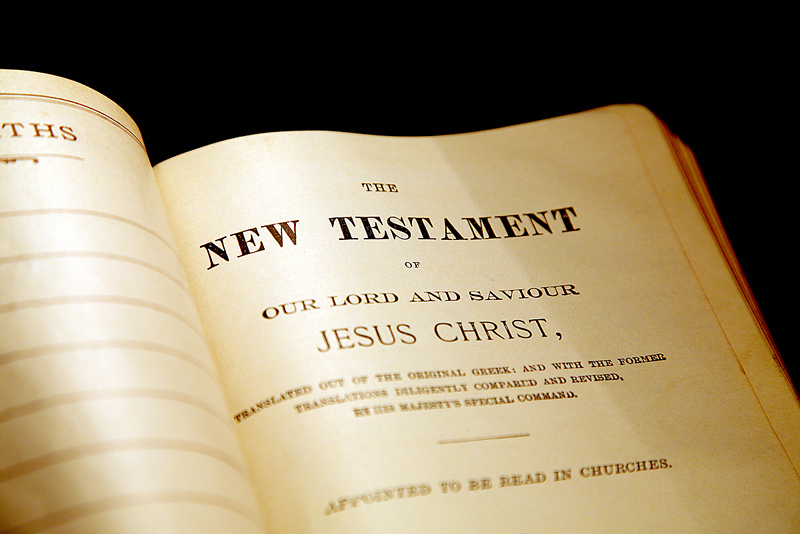2 Peter 2:12– 21, Near the end of Peter’s life (in the mid sixties of the first century) Peter was concerned with preserving the true and precious Gospel message for posterity. The principal subject of Peter’s Second Epistle was “the precious and exceeding great promises” of Messiah (2 Pet. 1:12) (Martin, p. 285). Second Peter 1:12-21 records Peter’s thoughts on this subject. In this passage, Martin calls our attention to several key phrases that express Peter’s intentions in this regard. Please note them.
12 Wherefore I will not be negligent to remind you of these things [the Gospel message], though ye know them, and be firmly fixed in the present truth. 13 Yea, I think it meet, as long as I am in this tabernacle, to stir you up by putting you in remembrance; 14 knowing that shortly I must put off this my tabernacle, even as our Master Yeshua Messiah hath showed me. 15 Moreover I will endeavor that ye may be able after my decease to have these things always in remembrance. [or, But I will give diligence that at each time you may be able after my death to recall these things to remembrance.] 16 For we have not followed cunningly devised fables, when we made known unto you the power and coming of our Master Yeshua Messiah, but were eyewitnesses of his majesty. 17 For he received from Elohim the Father honor and glory, when there came such a voice to him from the excellent glory, This is my beloved Son, in whom I am well pleased. 18 And this voice which came from heaven we heard, when we were with him in the holy mount [the Mount of Transfiguration]. 19 We have also a more sure word of prophecy [as opposed to those who propagate fables]; whereunto ye do well that ye take heed [to what we are saying, as opposed to those who propagate heretical fables] as unto a light that shines in a dark place, until the day dawn, and the day star arise in your hearts: 20 knowing this first, that no prophecy of the Scripture is of any private interpretation. 21 For the prophecy came not in old time by the will of man: but set-apart men of Elohim spoke as they were moved by the Set-apart Spirit. (emphasis added)
What Peter is saying here is that believers would always have the truth with them. According to Ernest Martin, the only way this could rationally be accomplished is for Peter to leave some authorized written record. He alludes to this when he says, “But I will give diligence that at each time you may be able after my death to recall these things to remembrance … The phrase “at each time” means that the reader could return again and Continue reading


